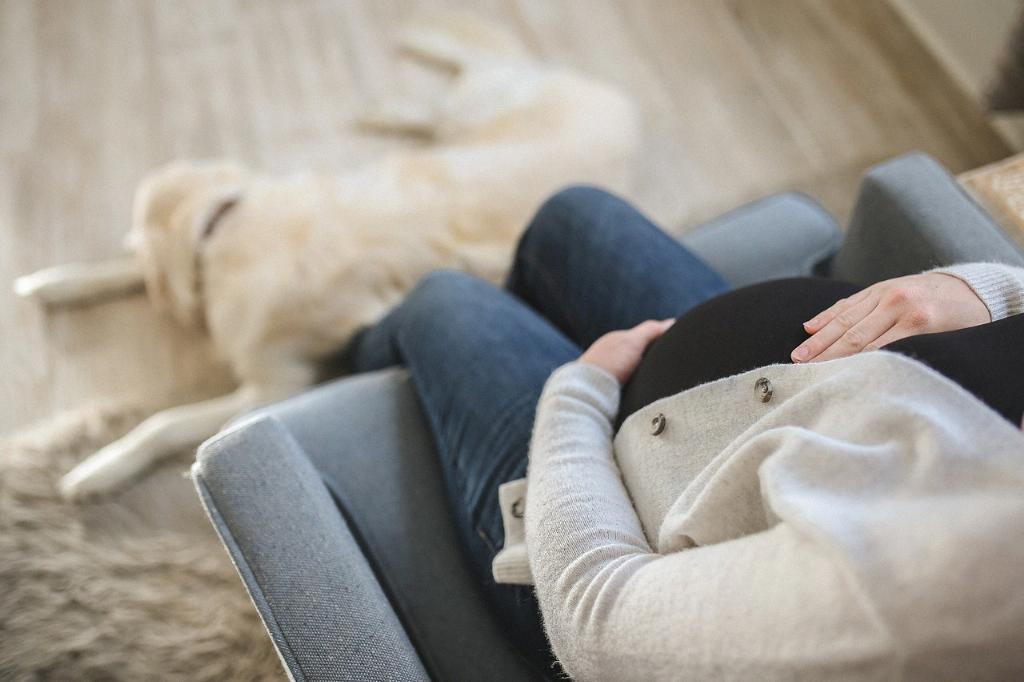The concept of advanced maternal age has been a topic of both fascination and controversy in recent years. As medical advancements continue to push the boundaries of what is possible, stories of individuals like Erramatti Mangamma, the oldest person to have a baby, spark discussions about the implications of delayed parenthood.
The Record-Breaking Achievement of Erramatti Mangamma
Erramatti Mangamma, a woman from Hyderabad, India, etched her name in the annals of reproductive history by becoming the oldest living mother at the remarkable age of 73. Through the marvels of in-vitro fertilisation and a caesarean section delivery, Mangamma welcomed twin baby girls into the world, shattering previous records and sparking global interest in her unprecedented journey to motherhood.
Challenging the Boundaries of Age and Fertility
While Mangamma’s story is undeniably extraordinary, it also raises important questions about the intersection of age and fertility. In an era where more individuals are choosing to delay parenthood for various reasons, the case of the oldest person to have a baby brings to light the complexities and possibilities associated with assisted reproductive technologies.
The Role of Technology in Advancing Reproductive Options
Advancements in reproductive medicine have played a pivotal role in expanding the reproductive options available to individuals, regardless of age. In the case of Mangamma, in-vitro fertilisation provided a pathway to motherhood that might not have been possible just a few decades ago, highlighting the transformative power of medical innovation in shaping the narratives of parenthood.
Exploring the Ethical Considerations Surrounding Older Parenthood
While the achievements of individuals like Erramatti Mangamma are undeniably groundbreaking, they also prompt important discussions about the ethical implications of older parenthood. Questions about the physical health and well-being of both the parent and the child, as well as considerations about the long-term responsibilities associated with raising a child in later life, add layers of complexity to the narrative of advanced maternal age.
Shifting Perspectives on Age and Parenthood
As societal norms continue to evolve, perceptions of age and parenthood are also undergoing a transformation. The story of the oldest person to have a baby challenges traditional notions of when individuals can or should become parents, encouraging a reevaluation of the limitations imposed by age on the journey to parenthood.
The Impact of Cultural and Societal Factors on Older Parenthood
Cultural attitudes and societal expectations play a significant role in shaping the discourse around older parenthood. In some cultures, the idea of starting a family later in life may be more widely accepted, while in others, it could be met with skepticism or resistance. Understanding the cultural nuances surrounding age and parenthood is essential in navigating the complexities of this evolving landscape.
Supporting Individuals on the Journey to Parenthood
Regardless of age, the decision to become a parent is deeply personal and often influenced by a multitude of factors. Providing support and resources for individuals exploring parenthood later in life is essential in ensuring that their unique needs and concerns are addressed in a compassionate and holistic manner.
Medical Considerations for Older Parents
From a medical perspective, older parenthood can present unique challenges and considerations. Advanced maternal age is associated with an increased risk of certain health conditions for both the parent and the child, necessitating specialized care and monitoring throughout the pregnancy and beyond. Open communication with healthcare providers and a proactive approach to health and wellness are crucial aspects of navigating the complexities of later-life parenthood.
Celebrating Diverse Paths to Parenthood
As stories like that of Erramatti Mangamma continue to capture attention and spark dialogue, it is important to recognize and celebrate the diverse paths to parenthood that individuals may choose to embark upon. Each journey is unique and deserving of respect, regardless of age, circumstances, or unconventional methods used to realize the dream of starting a family.
Looking Towards the Future of Parenthood
As we reflect on the record-breaking accomplishments of individuals like Erramatti Mangamma, we are reminded of the boundless possibilities that await those who dare to defy conventions and embrace the ever-expanding landscape of reproductive options. The future of parenthood is rich with potential, promising new discoveries, challenges, and triumphs for individuals of all ages and backgrounds.
Embracing the Complexity of Older Parenthood
In conclusion, the story of the oldest person to have a baby serves as a poignant reminder of the multifaceted nature of parenthood and the ways in which age, technology, ethics, culture, and personal choice intertwine to shape the narratives of individuals seeking to build families later in life. By embracing the complexity of older parenthood with empathy, understanding, and an open mind, we can create a more inclusive and supportive environment for all individuals on their journey to parenthood, regardless of the milestones they may have surpassed along the way.

